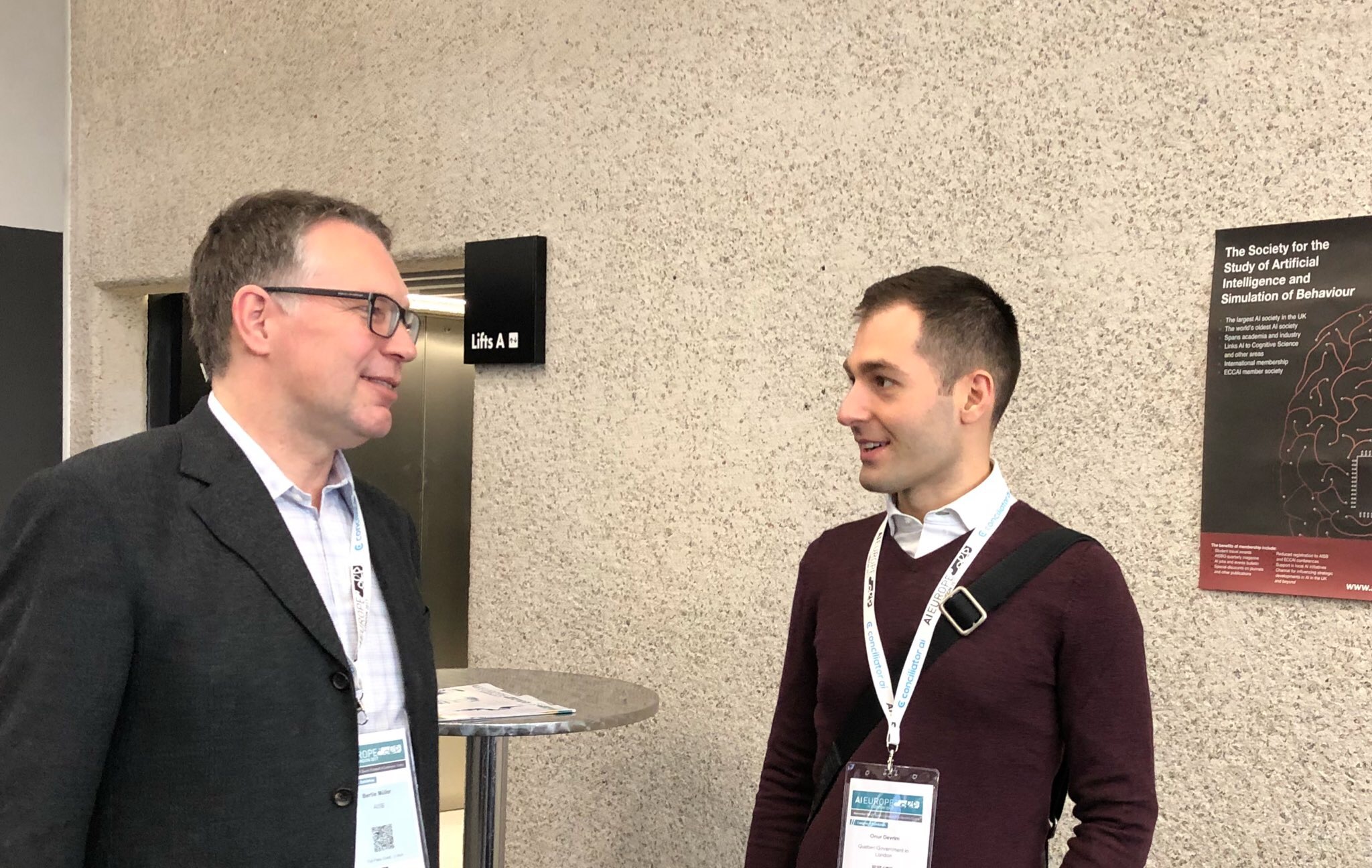PRESS RELEASE
The Society for the Study of Artificial Intelligence and Simulation of Behaviour (AISB) welcomes the comprehensive report by the House of Lords Select Committee on AI published on 16 April 2018 following a consultation process in the autumn of 2017 to which AISB submitted written evidence. AISB fully supports the key messages conveyed by the principles for an AI Code postulated therein and agrees that AI should be used for the common good and benefit of humanity (Principle 1). AISB would like to emphasise Principle 2 requiring explainable or intelligible AI be made compulsory for AI-based decision support in certain critical areas, as stated in #94 of the report. Principle 5, restricting AI’s autonomous power to hurt, destroy or deceive human beings also finds our full support.
However, some phrases in the principles published as #147 in the report ought to be modified to acknowledge that AI technologies are tools developed by humans. We don’t ‘work alongside AI’, we use AI to achieve certain goals or outcomes, just as with any other human-made tool. Granting AI an independent human-like existence, even through casual use of language, sets us on a dangerous course towards machines becoming moral patients; things to which we owe some moral duty. For example, Principle 2 should be amended to read ‘AI should be designed to operate on principles …’ to clarify that people are responsible for the design and operation of AI systems.
Also, Principles 3 and 4 warrant some comment:
AI cannot legally be used to diminish rights or privacy if applied according to existing or future data protection regulations and other legislation as long as there is human responsibility for the AI. We do not recommend granting any AI human rights (and responsibilities), not least since this will inevitably open up legal loopholes.
A right to education in the sense of Principle 4 needs to be aided by a counterpart stating certain restrictions to AI. A right for humans to receive the education to flourish economically without further explanation is not helpful, since often the use of AI is economically motivated. It is important that humans should use AI-based tools to tackle important problems as efficiently as possible while having been given the skills to enable them to remain economically sustainable individuals. It is important to point out that the possibilities of flourishing mentally, and emotionally refer to human attributes that should not be hindered by any AI tool, nor should education of humans be lessened by any constraints imposed by (the intent to use) artificial intelligence.
Dr Bertie Müller (AISB Chair), 16 April 2018
http://aisb.org.uk/news/174-lordsai
The Select-Committee report can be found here (HTML): Report of Session 2017-19 – AI in the UK: ready, willing and able? or as PDF: PDF version Report of Session 2017-19 – AI in the UK: ready, willing and able? ( PDF )
